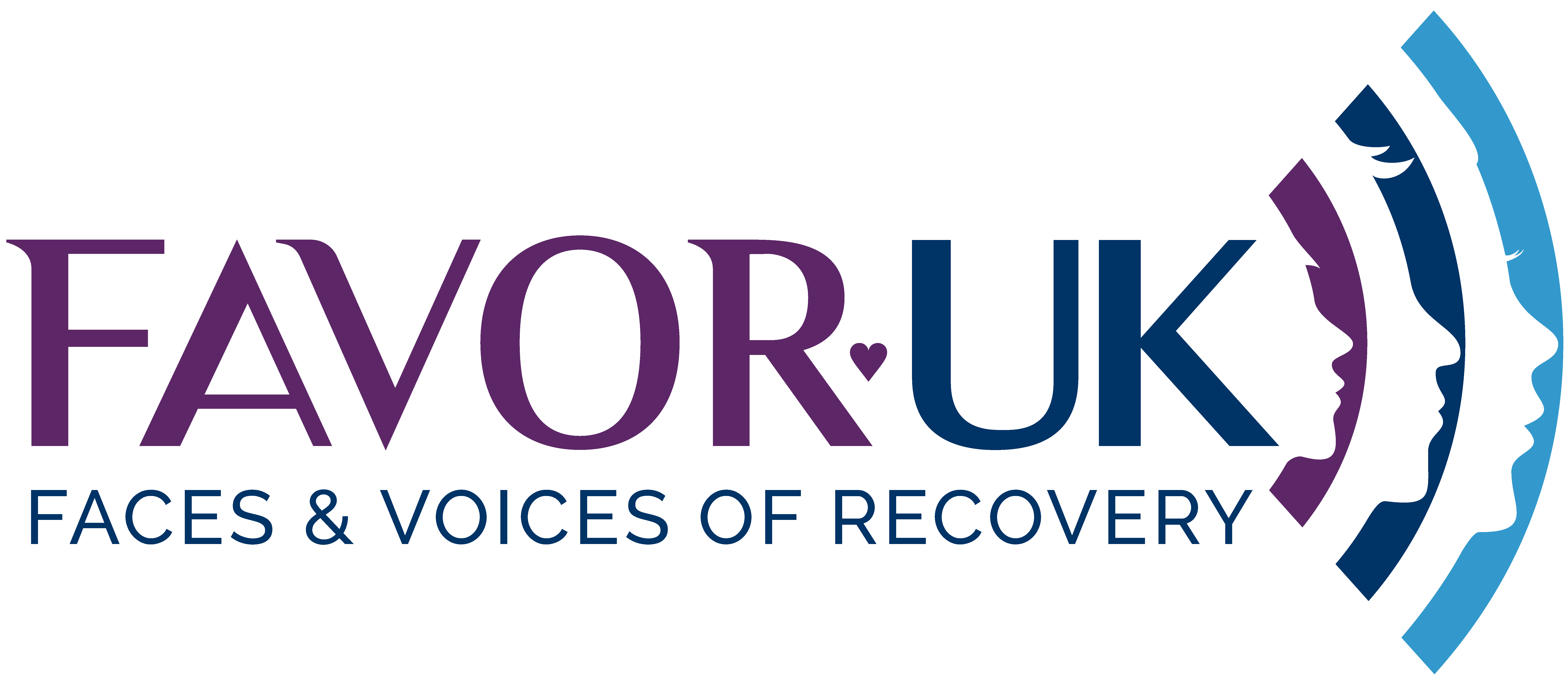Update on the Right to Addiction Recovery (Scotland) Bill: Scottish Government Committee Call for Evidence
As the campaigning organisation behind the Right to Addiction Recovery (Scotland) Bill, we are dedicated to keeping the public informed on the progress of this vital piece of legislation. Following the Scottish Government Committee’s call for evidence, we are excited to share the insights gathered from a wide range of organisations, individuals, and service providers, reflecting strong support for the Bill and the essential improvements it promises.
What We Heard: Overwhelming Support for the Bill’s Purpose
The responses to the Committee’s call for evidence have revealed a broad consensus on the critical need for this Bill, with overwhelming support for its core aim: ensuring timely access to addiction treatment as a legal right. This right would offer immediate support to those affected by addiction, helping to address the public health crisis of rising drug-related deaths in Scotland.
- Support for Timely Treatment: There is unanimous agreement that treatment should be provided within three weeks of assessment. Many respondents, including those with lived experience, stressed that delays in treatment can have devastating consequences. The Bill’s three-week guarantee for treatment is seen as a vital step in ensuring prompt care.
- Person-Centred and Inclusive Care: The Bill’s person-centred approach has been widely praised. Respondents emphasised that involving individuals in choosing their own treatment paths—whether they seek abstinence-based recovery or harm reduction strategies—is essential for long-term success in recovery. This approach ensures that people’s needs and preferences are respected.
- Support for Comprehensive Treatment Options: We have also received valuable input calling for a full range of treatment options, including both abstinence and harm reduction approaches. We want to make it clear that the Bill is committed to ensuring access to all available treatment options.
Strong Support for the Bill.
Approximately 80-85% of the responses expressed strong support for the Bill’s general purpose, advocating for more access to different treatment options , quicker intervention, and the inclusion of human rights considerations. These responses generally supported the Bill’s objectives, while raising concerns about its practical implementation and the potential gaps in coverage.
Opposition or Concern About Specific Details
Around 15-20% of responses raised more critical viewpoints, especially regarding treatment models, timescales, and resource challenges. Some Scotland Government-commissioned service providers and local alcohol and drug partnerships expressed concerns about the Bill’s feasibility, particularly in relation to harm reduction strategies.
Harm Reduction vs. Abstinence: Busting a Common Myth
A common myth surrounding the Bill is that it is against harm reduction and focused solely on abstinence-based recovery. Despite repeated efforts to clarify this misconception, it persists.
The truth is, the Right to Addiction Recovery Bill is not opposed to harm reduction. It is committed to providing access to all available treatment options, including harm reduction strategies like supervised consumption rooms, and abstinence-based recovery options, such as residential rehab. The Bill is person-centred, meaning treatment options are chosen based on the individual’s specific needs, preferences, and circumstances.
This myth has created confusion despite ongoing efforts to educate both the public and service providers about the Bill’s comprehensive approach. We remain committed to ensuring that flexible treatment options are available, allowing people to access the right support at the right time—whether that’s harm reduction, abstinence, or a combination of both.
Addressing Concerns and Moving Forward
While the Bill has received strong support, several concerns have been raised, particularly around the capacity of current treatment systems to meet the demand. We’ve heard calls for additional funding and staff training to ensure that Scotland’s addiction treatment services can effectively deliver the Bill’s promises. These concerns are being taken seriously, and we will work with all stakeholders to address them as the Bill moves forward.
A Shared Vision for Recovery
The responses reflect a shared vision for empowering individuals to take control of their recovery. With Scotland’s rising drug-& Alcohol related death rates, the Bill’s focus on timely and accessible treatment is seen as a critical step in saving lives and reducing harm. The collective desire for a system that provides immediate care and long-term support for individuals is a resounding message from this consultation process.
What’s Next: Continuing the Momentum
2. Stage 2: Detailed Consideration and Amendments
- Committee stage: The committee responsible for the Bill goes through the details of the Bill clause by clause. (we are Currently here)
- Amendments: MSPs can propose changes (amendments) to the Bill. These amendments are debated and voted on by the committee.
- Report: The committee produces a report on the Bill, including any amendments made, which is then considered by the full Parliament.
3. Stage 3: Debate and Final Amendments
- Final debate: MSPs debate the entire Bill as amended in Stage 2. This is the last opportunity to suggest changes.
- Voting: Parliament votes on the final version of the Bill. If a majority of MSPs approve, the Bill proceeds to the next stage.
As we move forward, we will continue to engage with stakeholders, particularly those who provided responses, to fine-tune and strengthen the Bill. Our commitment remains to ensure that everyone in Scotland has the right to access timely and have a choice of appropriate addiction treatment, regardless of their background or the type of care they need.
Let’s keep pushing forward together—because recovery should be a right, not a privilege.
You can read the responses your self https://yourviews.parliament.scot/health/right-to-addiction-recovery-scotland-bill/consultation/published_select_respondent

